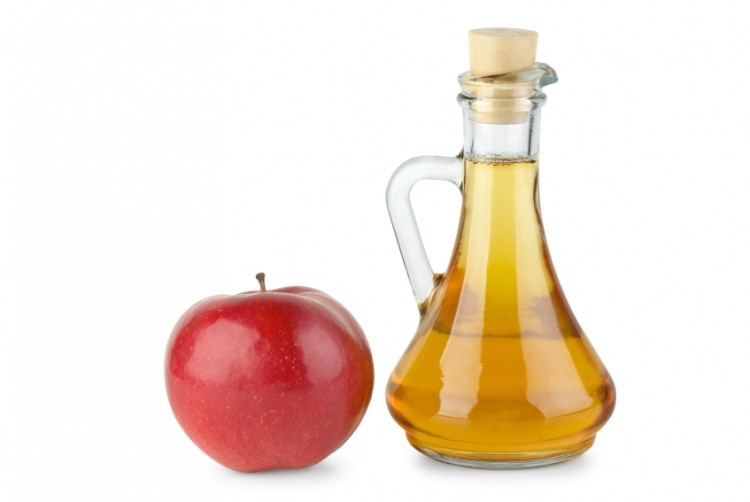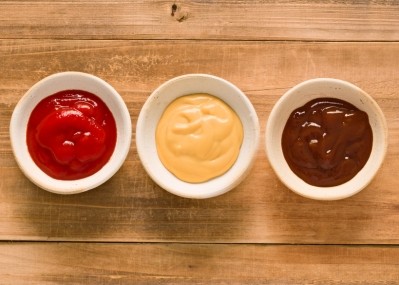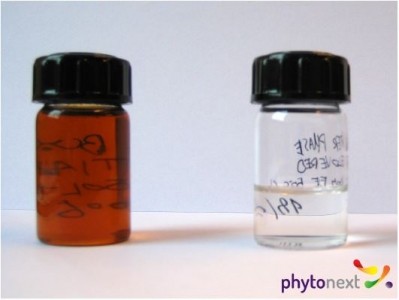EU authorises vinegar additives for acetic acid

Additives caramels (E 150a-d) and sulphur dioxide — sulphites (E 220-228) will be permitted in acetic acid diluted with water to 4-30% by volume.
The amendment came into effect on 25 February. According to the European Commission, it ensures "transparency and legal certainty" regarding the use of food additives in the food.
Diluted acetic acid is also authorised for use in food in Europe, while the European Union defines vinegar as a liquid produced by the biological process of alcoholic or acetous fermentation of substances from agricultural origin, such as fruit, cereal grains, wine, cider or malt. Plants or parts of plants, including fruit, spices, salt or sugar may be added for flavouring.
But in a letter sent to the Commission in January, Culinaria Europe - the association which represents the interests of European Union producers of culinary condiments, including vinegar – said: “Diluted acetic acid is not covered by this definition.”
“The use of food colorants in an additive, even if it is put into circulation in diluted form, is apparently not necessary for technological purposes. It is solely used for fining processes and thereby misleading over the real origin and nature of the additive. If there is no technological need, the non-admission of an additive is mandatory,” the letter read.
“On the whole, there is neither a technological nor a legal reason for the intended extension of the scope of approval.”
Promoting food fraud?
Culinaria Europe’s secretary general, Dirk Radermacher, told FoodNavigator they had opposed the amendment to the regulation on the grounds that “it only promotes food fraud“.
Nevertheless, Radermacher said the application varied depending on the member state. In the UK the denomination ‘vinegar’ is allowed only for fermented vinegar and diluted acetic acid must be labelled ‘non-brewed condiment’.
In Germany, the word ‘essig’ (vinegar), however, can be used for diluted acetic acid but only when more details are given regarding the origin, for instance ‘vinegar from acetic acid.’
But food lawyer at Food Compliance International, Sebastian Romero Melchor, told FoodNavigator the law would not damage artisinal vinegar producers.
“This law merely reflects what is the situation in the market and adapts to it, so that those additives which are authorised to vinegars produced from the fermentation of agricultural products can also be used in products obtained from the dilution with water of acetic acid, as the technological need is equivalent for both categories."
Nor does the amendement necessarily mean food manufacturers will switch from using fermented vinegar to diluted acetic acid.
“The key issue is whether you can use the name vinegar on your label, and this remains unchanged by this law,“ he added.
























